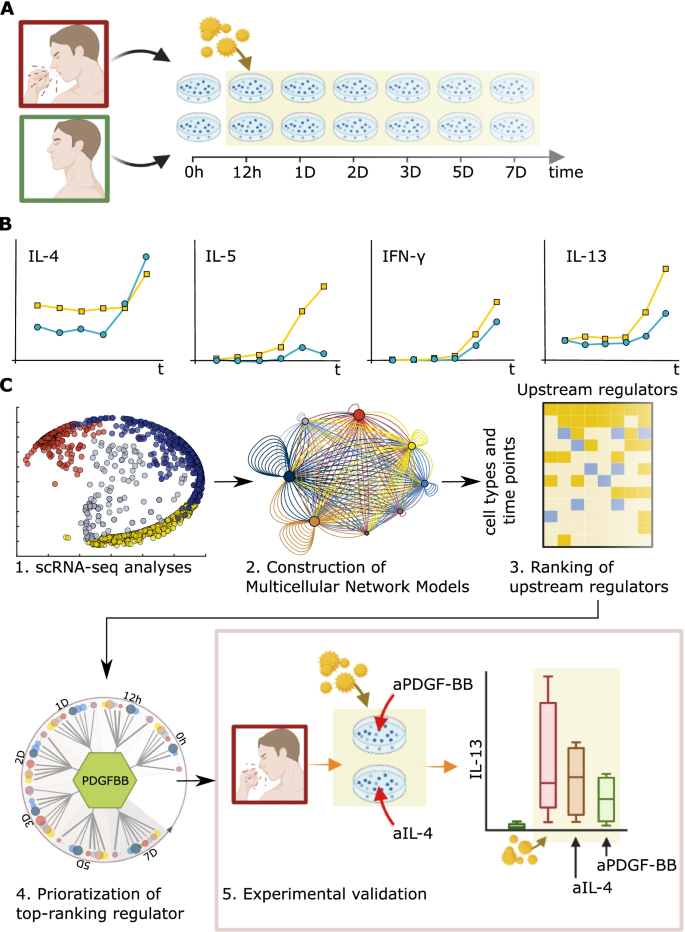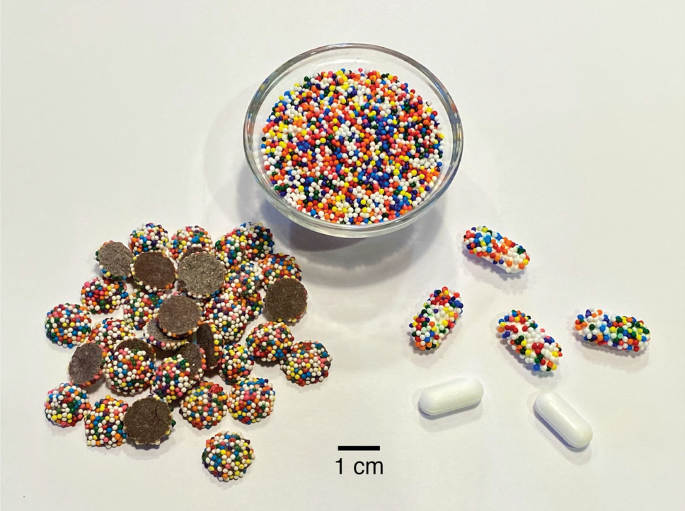参加者に1週間ソーシャルメディアから離れるよう求めた研究の結果、ウェルビーイング、うつ病、不安症にポジティブな効果があることが判明しました。 Results of a study that asked participants to take a week-long break from social media find positive effects for wellbeing, depression and anxiety.
2022-05-06 バース大学
 The researchers asked study participants to take a week-long break from social media. Image Credit: AdobeStock.
The researchers asked study participants to take a week-long break from social media. Image Credit: AdobeStock.
この研究は、バース大学の研究チームによって実施され、1週間のソーシャルメディア休止による精神衛生への影響を調査したものです。この研究の参加者の中には、1週間のうち約9時間、Instagram、Facebook、Twitter、TikTokをスクロールすることに費やしていた時間が解放された人もいました。
その結果は、2022年5月6日、米国の学術誌「Cyberpsychology, Behaviour and Social Networking」に掲載され、1週間ソーシャルメディアを利用しないだけで、個人の全体的な幸福度が向上し、うつ病や不安の症状が軽減されることが示唆されました。
<関連情報>
- https://www.bath.ac.uk/announcements/social-media-break-improves-mental-health-new-study/
- https://www.liebertpub.com/doi/10.1089/cyber.2021.0324
幸福感、抑うつ、不安感を改善する。無作為化比較試験 Improves Well-Being, Depression, and Anxiety: A Randomized Controlled Trial
Jeffrey Lambert,George Barnstable,Eleanor Minter,Jemima Cooper, andDesmond McEwan
Cyberpsychology, Behaviour and Social Networking Published:3 May 2022
DOI:https://doi.org/10.1089/cyber.2021.0324
Abstract
The present study aimed to understand the effects of a 1-week break from social media (SM) (Facebook, Instagram, Twitter, and TikTok) on well-being, depression, and anxiety compared with using SM as usual. We also aimed to understand whether time spent on different SM platforms mediates the relationship between SM cessation and well-being, depression, and anxiety. We randomly allocated 154 participants (mean age of 29.6 years) to either stop using SM (Facebook, Twitter, Instagram, and TikTok) for 1 week or continue to use SM as usual. At a 1-week follow-up, significant between-group differences in well-being (mean difference [MD] 4.9, 95% confidence interval [CI] 3.0–6.8), depression (MD -2.2, 95% CI -3.3 to -1.1), and anxiety (MD -1.7, 95% CI -2.8 to -0.6) in favor of the intervention group were observed, after controlling for baseline scores, age, and gender. The intervention effect on well-being was partially mediated by a reduction in total weekly self-reported minutes on SM. The intervention effect on depression and anxiety was partially mediated by a reduction in total weekly self-reported minutes on Twitter and TikTok, and TikTok alone, respectively. The present study shows that asking people to stop using SM for 1 week leads to significant improvements in well-being, depression, and anxiety. Future research should extend this to clinical populations and examine effects over the longer term.


